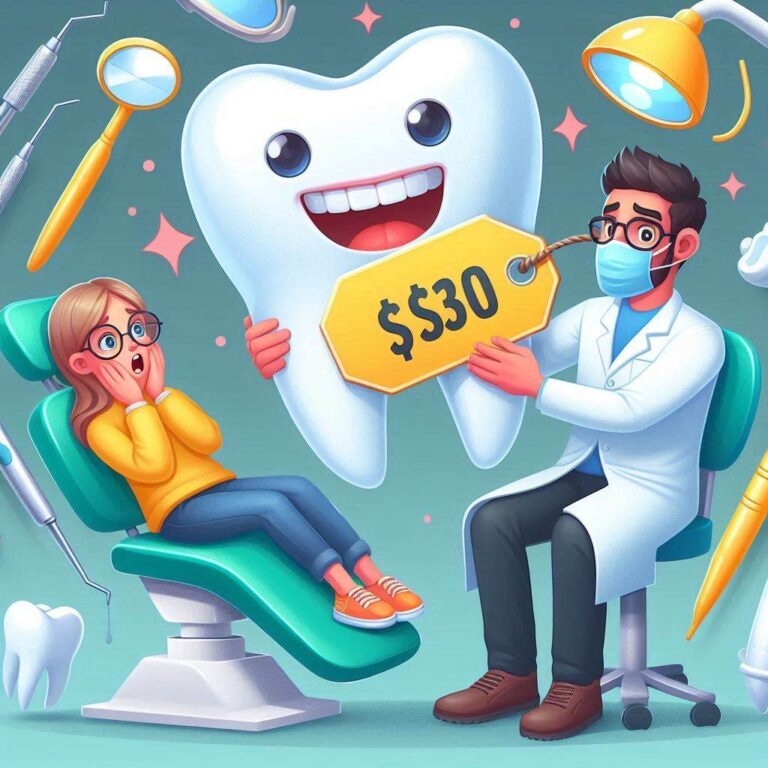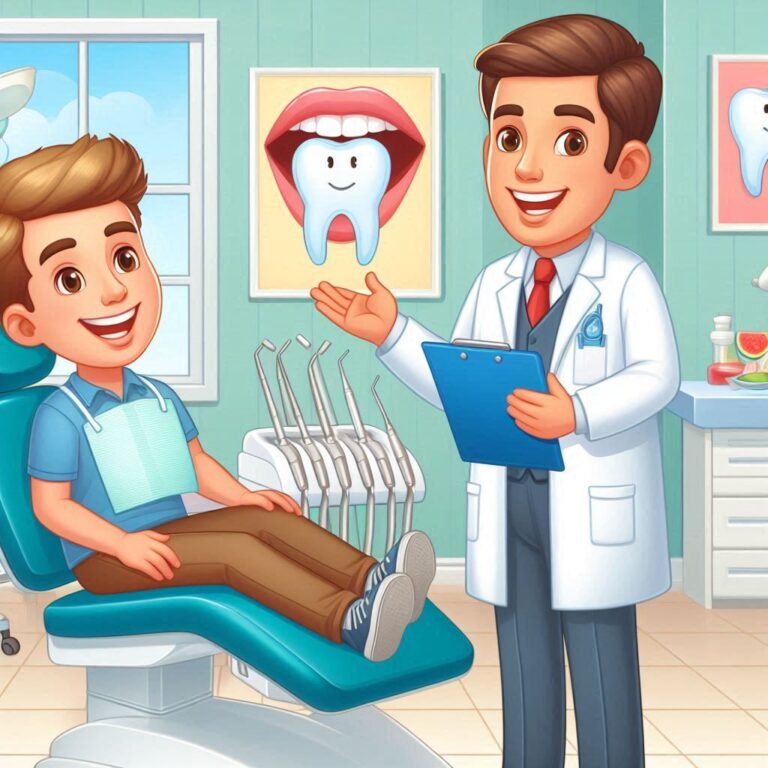Tooth Extraction Cost in Durban
Toothaches are no fun, and sometimes a tooth extraction becomes the necessary course of action to restore your oral health and well-being. But facing a dental procedure can be daunting, especially when cost is a concern. If you live in Durban and require a tooth extraction, this detailed guide will equip you with all the information you need to make informed decisions.

Understanding the Why: Reasons for Tooth Extraction
Tooth extraction shouldn’t be taken lightly. Dentists prioritize saving natural teeth whenever possible. However, there are several compelling reasons why an extraction might be recommended:
- Severe decay or damage: When a tooth is extensively decayed or fractured beyond repair through fillings, crowns, or root canals, extraction becomes the only viable option.
- Impacted wisdom teeth: Wisdom teeth are the third molars that erupt in late adolescence or early adulthood. Often, they lack sufficient space to erupt properly, causing impaction and various complications like pain, infection, or damage to nearby teeth. Early extraction of impacted wisdom teeth is recommended to prevent future issues.
- Gum disease: Advanced gum disease (periodontitis) can loosen teeth and destroy the supporting bone structure. In severe cases, extraction becomes necessary to prevent further bone loss and potential tooth loss in surrounding areas.
- Infection: A tooth abscess (a pus-filled pocket at the root) can cause significant pain and swelling. Extraction might be necessary to eliminate the infection and prevent its spread.
- Orthodontic treatment: In some cases, tooth extraction might be part of an orthodontic treatment plan to create space for proper teeth alignment.
The Cost Spectrum: Factors Influencing Extraction Price
The cost of a tooth extraction in Durban can vary depending on several factors. Here’s a breakdown of the key influences:
- Type of extraction: There are two main types of extractions: simple and surgical.
- Simple extraction: This involves removing a visible tooth using forceps. It’s a less complex procedure and typically carries a lower cost.
- Surgical extraction: This is needed for impacted or deeply rooted teeth or those requiring gum tissue or bone removal. It’s a more intricate procedure and generally more expensive.
- Complexity of the case: The difficulty of the extraction itself plays a role. Factors like the tooth’s position, root structure, and presence of infection can influence the cost. Impacted wisdom teeth or extractions requiring bone removal usually cost more due to the added complexity.
- Anesthesia: The type of anesthesia used during the procedure can affect the cost. Local anesthesia numbs only the extraction area, while general anesthesia puts you in a sleep-like state. General anesthesia typically carries a higher cost.
- X-rays and diagnostics: Pre-operative X-rays and other diagnostic tests help the dentist assess the tooth and plan the extraction. These can add to the overall cost.
- Dentist’s experience and location: The experience level of the dentist and the location of the dental practice can also influence the price. Generally, more experienced dentists and practices in prime locations might charge higher fees.
Cost Transparency: A Breakdown of What to Expect
To give you a clearer picture, here’s a table outlining the estimated price range for tooth extractions in Durban (ZAR):
| Extraction Type | Price Range (ZAR) |
|---|---|
| Simple extraction (front tooth) | R800 – R1500 |
| Simple extraction (molar) | R1000 – R2000 |
| Surgical extraction (wisdom tooth) | R1500 – R3000+ |
| Surgical extraction (impacted wisdom tooth) | R2500 – R4000+ |
Please note: These are just estimates, and the actual cost can vary depending on the factors mentioned above. It’s crucial to consult with your dentist for a personalized quote.
Beyond the Numbers: Additional Considerations
While cost is a significant factor, other aspects deserve consideration when planning a tooth extraction:
- Dental insurance: Check your dental insurance plan for coverage details related to extractions. Some plans might cover a portion of the cost.
- Payment options: Many dental practices offer flexible payment plans or accept credit cards to make the procedure more affordable.
- Consultation fees: Schedule a consultation with your dentist to discuss the extraction and receive a detailed cost breakdown.
Part 2: Recovery, Replacement Options, and Keeping Costs Down
Following a tooth extraction, proper recovery is essential to ensure optimal healing and minimize complications. Here’s what you can expect:
- Pain Management: Your dentist will prescribe pain medication to manage discomfort after the procedure.
- Bleeding: Minor bleeding is normal for a few hours after the extraction. Apply gentle pressure with gauze to control bleeding.
- Swelling: Swelling around the extraction site is also common and typically peaks within 2-3 days. Apply a cold compress to the area to reduce swelling.
- Dietary Modifications: Stick to soft foods for the first few days after the extraction to avoid irritating the extraction site. Gradually transition back to your regular diet as healing progresses.
- Oral Hygiene: Maintain good oral hygiene by gently brushing and flossing your teeth around the extraction site, but avoid disturbing the clot.
Considering Replacement Options
A missing tooth can not only affect your smile but also impact your ability to chew effectively and even lead to speech difficulties. Here are some options to consider for replacing a missing tooth:
- Dental implants: Implants are considered the gold standard for tooth replacement. They are small titanium posts surgically implanted into the jawbone to act as artificial tooth roots. A crown is then attached to the implant, providing a natural-looking and highly functional replacement tooth. Implants are a durable and long-term solution, but they are also the most expensive option.
- Dental bridges: Bridges are fixed restorations that anchor to the healthy teeth on either side of the gap. They are a good option for replacing one or two missing teeth. While bridges are less expensive than implants, they require preparation of the neighboring teeth, which may involve some tooth structure removal.
- Dentures: Dentures are removable appliances that replace a full arch of missing teeth. They are a more affordable option but may not offer the same level of comfort and stability as implants or bridges.
Strategies to Minimize Costs
Tooth extraction can be a significant financial burden. Here are some tips to potentially reduce the cost:
- Preventive care: Regular dental checkups and cleanings can help identify and address potential problems early on, often preventing the need for more expensive procedures like extractions in the future.
- Shop around: Get quotes from several dental practices in your area to compare prices. However, prioritize qualifications and experience over simply choosing the cheapest option.
- Dental schools: Consider visiting a dental school for the procedure. Dental students perform extractions under the supervision of qualified dentists, and the cost can be significantly lower.
- Flexible spending accounts (FSAs): If you have an FSA through your employer, you can use these pre-tax dollars to pay for qualified dental expenses, including extractions.
Conclusion
Tooth extraction in Durban can vary in cost depending on several factors. This comprehensive guide has equipped you with the knowledge to understand the reasons for tooth extraction, the cost variables, and additional considerations. Remember, prioritizing preventive care and exploring all options, including cost-saving strategies, can help you navigate the process effectively. Don’t hesitate to consult your dentist to discuss your specific situation and receive a personalized cost estimate and treatment plan
You might also want to check out these articles for more ideas: Wisdom Teeth Removal Cost South Africa


